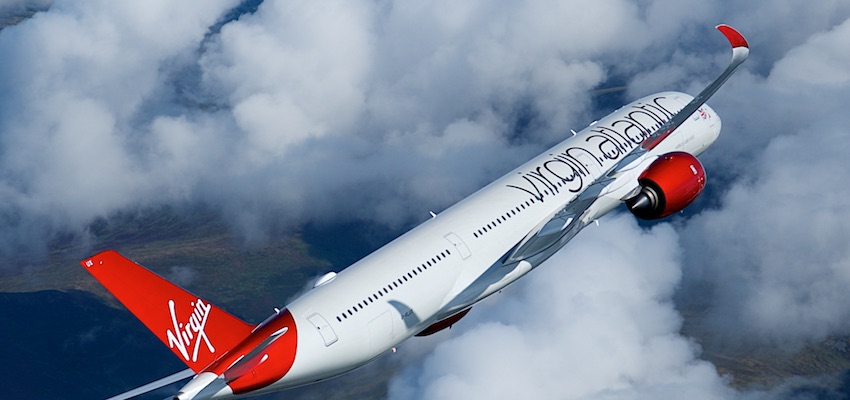THE airline has so far taken delivery of three A350-1000s as part of Virgin Atlantic’s $4.4bn order for 12 A350s. A fourth aircraft will join the fleet in December followed by phased deliveries of the rest in 2020-21.
On its launch trans-Atlantic route between London Heathrow and New York JFK, the A350 has increased average cargo capacity to 27 tonnes on every flight – although it has already significantly exceeded this figure with a record load of 36,710kgs, which was then surpassed a few days later by a payload of 41,166kgs.
Dominic Kennedy, managing director of Virgin Atlantic Cargo, said, “When we placed our order for the A350-1000 we knew it was going to be an outstanding addition to our fleet in terms of both passenger experience and its cargo potential.
“It is already more than living up to this expectation and is going to be a fantastic asset for us and our customers on our busiest trans-Atlantic route, especially when we see higher cargo volumes and more demand returning to the market, as well as on other prime cargo routes in our network from summer 2020.”
Cargo customers choosing to fly their goods to and from Los Angeles and Johannesburg with Virgin Atlantic can expect similar improvements when the A350-1000 commences operations on these routes in summer 2020.
From the end of March, A350s will take over seven of the airline’s 17 weekly Heathrow-Los Angeles services and fly daily to Johannesburg. As part of the airline’s summer 2020 flying program, it will also operate routes to San Francisco and Lagos, Nigeria.
The A350-1000’s environmental credentials are another key factor in supporting the airline’s sustainable growth and meeting its carbon targets. As well as being more fuel efficient, the A350’s new Rolls-Royce Trent XWB engines generate 30% lower carbon dioxide emissions compared to Virgin Atlantic’s current 747-400 aircraft. The A350-1000 is also significantly quieter and will help to reduce the noise footprint at airports Virgin Atlantic flies to by more than 50%.

